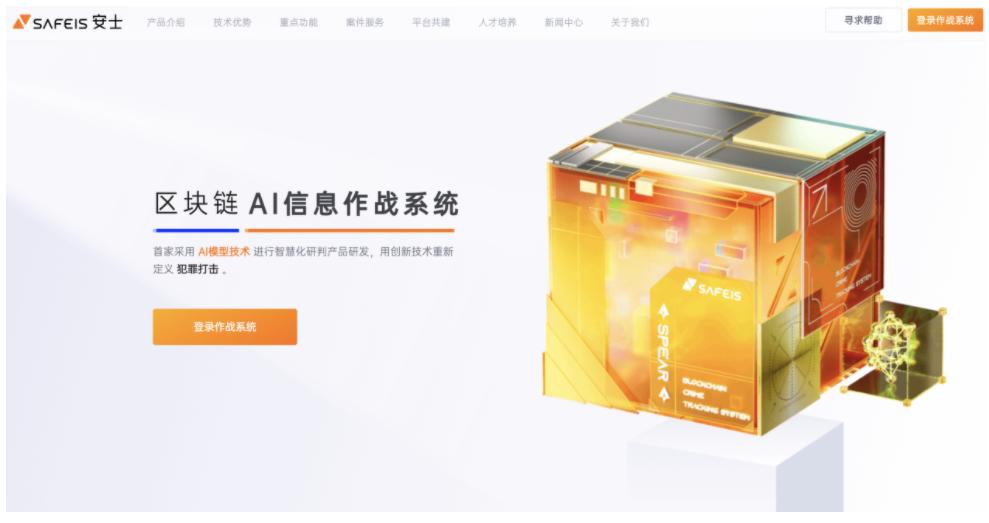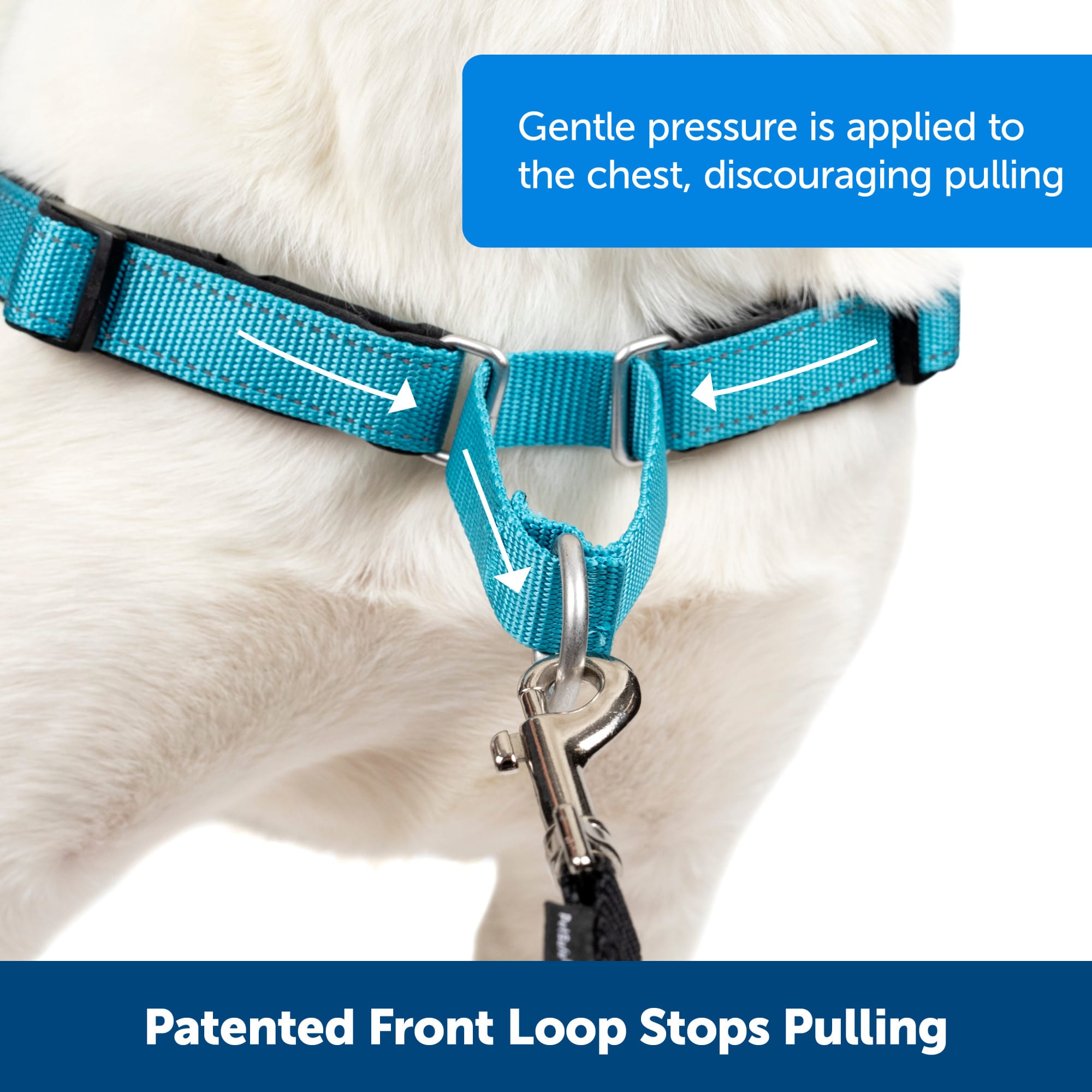Is Milorganite Pet Safe? Discover the Truth About This Organic Fertilizer for Your Furry Friends
Guide or Summary:Understanding MilorganiteIs Milorganite Pet Safe?Potential RisksBenefits of Using MilorganiteBest Practices for ApplicationUnderstanding Mi……
Guide or Summary:
- Understanding Milorganite
- Is Milorganite Pet Safe?
- Potential Risks
- Benefits of Using Milorganite
- Best Practices for Application
Understanding Milorganite
Milorganite is an organic fertilizer made from treated sewage sludge. It has gained popularity among gardeners and homeowners due to its slow-release nitrogen content and ability to improve soil health. However, many pet owners are concerned about the safety of using Milorganite around their pets, especially dogs and cats who are often curious and may ingest things they shouldn’t.
Is Milorganite Pet Safe?
The question "Is Milorganite pet safe?" has become a common inquiry among pet owners who want to maintain a lush lawn or garden without putting their furry friends at risk. The good news is that Milorganite is generally considered safe for pets. The fertilizer is made from natural materials and undergoes a rigorous treatment process to reduce pathogens and contaminants. However, it is essential to use it according to the manufacturer's instructions and to monitor your pets when they are in treated areas.
Potential Risks
While Milorganite is deemed safe, there are still some considerations to keep in mind. For instance, some pets may have sensitivities to certain organic materials, leading to gastrointestinal upset if ingested in large quantities. Moreover, if the fertilizer is applied too heavily or not allowed to dry properly, it could pose a risk of attracting pets to the area due to its earthy smell. As with any gardening product, it's wise to observe your pet's behavior after application and consult your veterinarian if you notice any unusual symptoms.

Benefits of Using Milorganite
One of the primary benefits of using Milorganite is its ability to enhance soil quality. It not only provides essential nutrients to plants but also improves moisture retention and microbial activity in the soil. This can lead to healthier plants and a more vibrant garden, which can be a safe and enjoyable space for pets to play. Additionally, being an organic product, Milorganite is less likely to contain harmful chemicals that could pose risks to pets compared to synthetic fertilizers.
Best Practices for Application
To ensure that your use of Milorganite is pet-safe, follow these best practices:
1. **Timing**: Apply Milorganite when pets are not present in the yard or garden. This minimizes the risk of ingestion and allows the fertilizer to settle into the soil.

2. **Watering**: After application, water the area to help the fertilizer soak into the soil. This reduces the likelihood of your pet being attracted to the smell.
3. **Observation**: Keep an eye on your pets for a few days after application. If they show any signs of distress or unusual behavior, consult a veterinarian.
4. **Education**: Educate family members and visitors about the use of Milorganite and encourage them to keep pets away from freshly treated areas until it is safe.

In summary, the question "Is Milorganite pet safe?" can be answered positively, with the understanding that responsible application and monitoring are key. By following best practices and being aware of your pet's behavior, you can enjoy the benefits of this organic fertilizer without compromising your pet's health. Whether you have a lush garden or a simple lawn, Milorganite can be a great addition to your gardening routine, allowing you to create a beautiful outdoor space for both you and your pets.